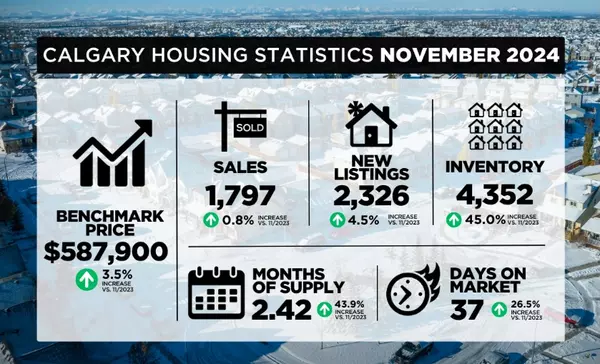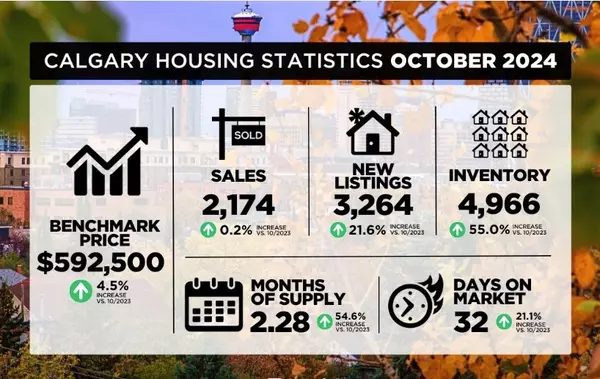Worst is yet to come for Canada's economy

With all this talk of Goldilocks lately, you might think the economy is out of the woods.
Not quite yet.
The world’s central banks appear to be ending their particularly aggressive interest-rate hiking cycle and there’s a new optimism in the air. The global economy, especially the United States, stormed past expectations this year, with U.S. growth hitting 2.4 per cent, up from 1.9 per cent last year.
But until those central banks actually start cutting, higher interest rates are still around and promise more pain to come — especially for Canada, say economists.
While the U.S. might get off with a soft landing, Canada, with its high household debt and dependence on the housing market, likely won’t be so lucky.
“Recession risks are higher north of the border, with a bumpier landing in store,” said Toronto Dominion economists led by Beata Caranci.
Canada’s growth will hit a low point in the first half of next year as the drag of higher borrowing costs continue to pull on the economy.
“Cushy soft is not how we would describe Canada’s outlook, which is clearly bumpier due to a more exposed consumer,” said Bank of Montreal’s chief economist Douglas Porter.
“Famously strong population growth of now nearly 3 per cent is papering over an even rockier performance on the ground, while also pressuring shelter costs and pushing up the jobless rate.”
Consumer belt tightening is expected to reach a peak in the first half of the new year, slowing spending to below 1 per cent, said TD.
With businesses also pulling back, it expects growth to slow to 1.1 per cent this year from 3.8 per cent in 2022, and then hit its trough at 0.5 per cent in 2024.
“This leaves a very narrow margin for error and recession risks are elevated,” said TD.
Other economists think the Canadian economy is unlikely to grow at all. Capital Economics has lowered its growth forecast for 2024 from 0.5 per cent to zero. It expects GDP will contract by 0.2 per cent in the fourth quarter and 1 per cent in the first quarter of 2024.
The Achilles heal of Canada’s economy, the housing market, has weakened more than economists expected, and Capital predicts prices will fall 7 per cent from their August peak.
“With affordability so stretched, there is a clear risk of an even larger fall,” said Capital Economic’s Stephen Brown.
“In that scenario, the modest recession that we forecast could morph into a deeper downturn.”
Economists at Desjardins expect a “short and shallow” recession in the first half of 2024 with consumption, business and housing investment all contracting, pushing the unemployment rate higher.
Bank of Montreal sees GDP gains slowing to 0.5 per cent in 2024, “with the economy dancing around the edge of recession in the first half of the year.”
The upside of stalling growth is that it will (eventually) trigger Bank of Canada interest rate cuts.
Most economists see this happening in the spring, but the month and the amount varies.
Predictions on the starting date range from as early as March to June or later and forecasts on where the Bank’s rate will be by the end of 2024 range from 3 per cent to 4.25 per cent.
Categories
Recent Posts











